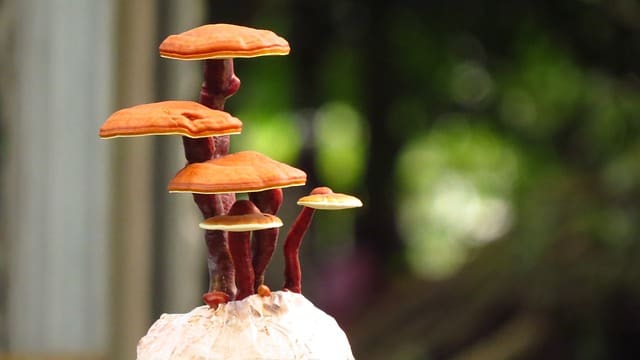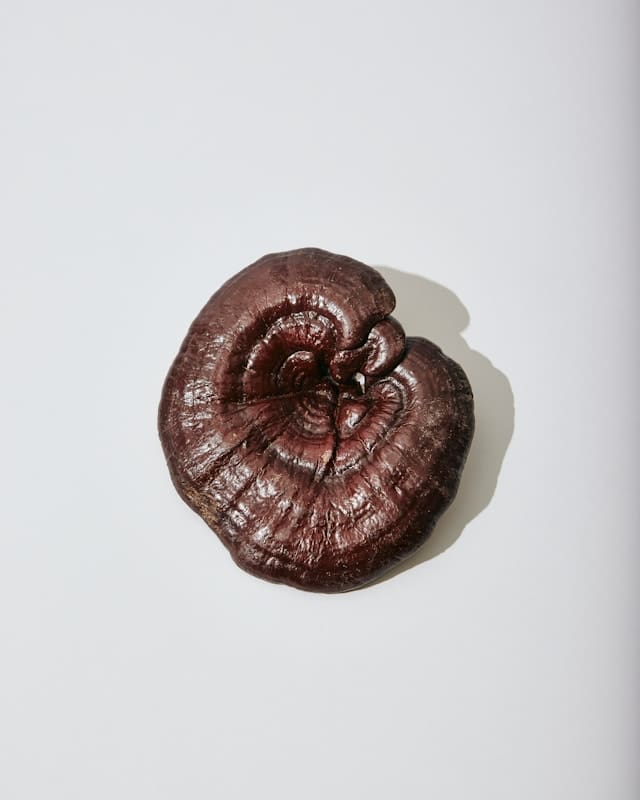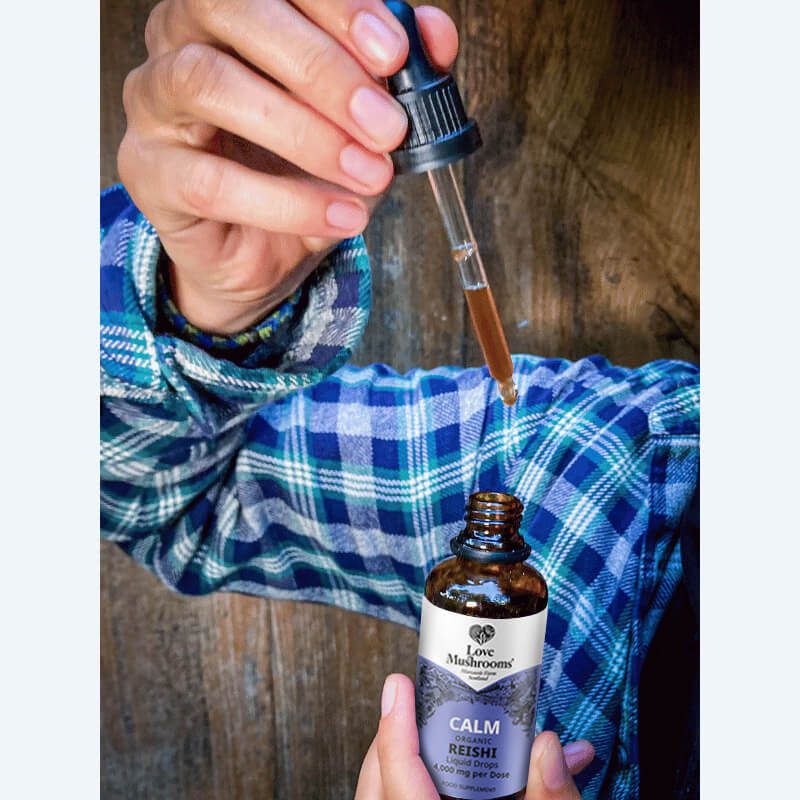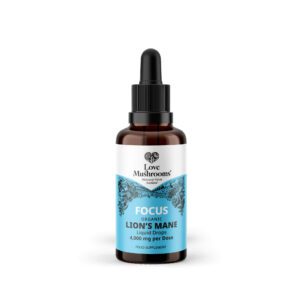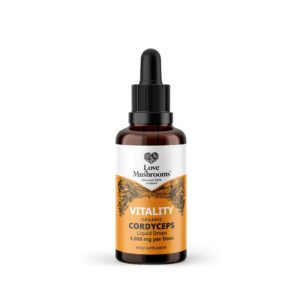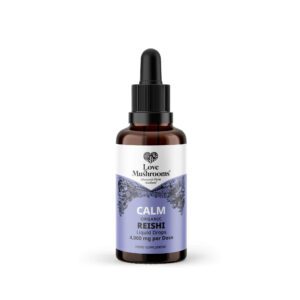Ekiz, E., Oz, E., Abd El-Aty, A.M., Proestos, C., Brennan, C., Zeng, M., Tomasevic, I., Elobeid, T., Çadırcı, K., Bayrak, M. and Oz, F. (2023). Exploring the Potential Medicinal Benefits of Ganoderma Lucidum: From Metabolic Disorders to Coronavirus Infections. Foods, [online] 12(7), p.1512. doi: https://doi.org/10.3390/foods12071512.
Saha, T.K., Mariom, Rahman, T., Moniruzzaman, M., Min, T. and Hossain, Z. (2023). Immuno-physiological effects of dietary reishi mushroom powder as a source of beta-glucan on Rohu, Labeo rohita challenged with Aeromonas veronii. Scientific Reports, [online] 13(1). doi: https://doi.org/10.1038/s41598-023-41557-9.
Sharma, C., Bhardwaj, N., Sharma, A., Singh Tuli, H., Batra, P., Beniwal, V., Kumar Gupta, G. and K. Sharma, A. (2019). Bioactive metabolites of Ganoderma lucidum: Factors, mechanism and broad spectrum therapeutic potential. [online] Science Direct. Available at: https://doi.org/10.1016/j.hermed.2019.100268.
Sissi Wachtel-Galor, Yuen, J., Buswell, J.A. and Iris (2011).
Ganoderma lucidum (Lingzhi or Reishi). [online] Nih.gov. Available at:
https://www.ncbi.nlm.nih.gov/books/NBK92757/.
Wang, X. and Lin, Z. (2019). Immunomodulating Effect of Ganoderma (Lingzhi) and Possible Mechanism. Advances in Experimental Medicine and Biology, [online] 1182, pp.1–37. doi: https://doi.org/10.1007/978-981-32-9421-9_1.
